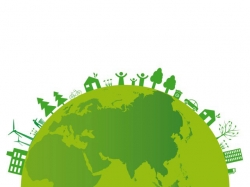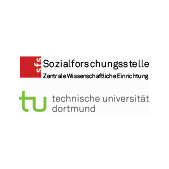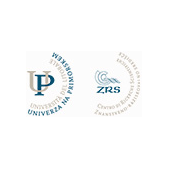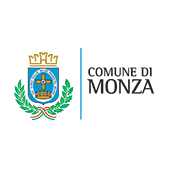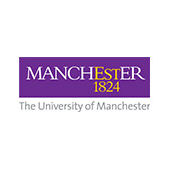The travel and tourism sector has developed into an industry with a substantial economic impact. It changes the world but not always for the better. In a book titled, Overbooked: The Exploding Business of Travel and Tourism, the American journalist Elizabeth Becker uncovers that what was once a hobby, nowadays it has become a colossal enterprise with great impact on the environment and the cultural heritage. In 2016 international tourist arrivals reached a total of 1,235 million, according to the latest UNWTO World Tourism Barometer. In 1971, the number of tourists that visited another country was 181 million. How do these millions of people can see the world without destroying it? Many countries try to protect their destinations by setting several restrictions:
- Fix the number of hotel beds;
- Fix the number of flights to and from a country;
- Fix the number of tour buses allowed;
- Increase the prices for entering landmarks, cutting opening hours.
Also some countries have adopted legislative measures to regulate various types of pollution caused by tourism.
But how we as tourists can help save the environment? The answer is Responsible tourism. The responsible tourism takes a variety of forms —volunteer tourism, adventure tourism, rural, ecotourism — but all speak to tourists’ desire to respect the places they visit and the people they meet.
Tourism is among the world's largest industries and as such has enormous socio-economic and environmental footprint on the environment. To promote the contribution of tourism to achieving a better future, World Tourism Organization (UNWTO) declares 2017 as the international year of sustainable tourism for development.
Different tourist associations and organizations have already taken initiatives to reduce the sector’s environmental impact. Some organizations have a certification program to show tourists which places are taking such initiatives. MTA-ECO CERTIFICATION SCHEME for the hospitality sector on the Maltese Islands is such case available in CASIPEDIA. An example for such a certification program in Bulgaria is Green Lodge® - a quality mark offering addresses of B&Bs and small hotels known for their authenticity and care to the nature.
Green Lodge® is a long-term project of the Bulgarian Association for Alternative Tourism (BAAT), member of EuroGites (EuroGites - European Federation of Rural Tourism). Green Lodge® is a certificate issued to guesthouses and small hotels that correspond to ECEAT sustainable tourism label (ECEAT - European Centre for Ecological and Agricultural Tourism) and Eurogites quality standards.
Currently, there are about 30 of such certified guesthouses in Bulgaria. They can be found all over the country. Hosts of these houses are local people who dedicate special attention to local nature and culture. To be certificated as Green Lodge®, a guesthouse (or a small hotel) must meet criteria in several directions:
- Support of environmental friendly agriculture;
- Efficient use of energy and water;
- Active waste reduction policy;
- Contribution to nature protection;
- Focus on cultural heritage;
- Contribution to the local economy;
- Environmental information services to guests;
- Continuous improvement of environmental performance.
The hosts demonstrate their responsibility for taking care of nature and the environment in several ways. Regarding food, breakfast in these guesthouses is always homemade. Hosts grow animals to supply milk, meat and eggs, close to nature. Homegrown vegetables, fruits and herbs bring fresh flavors to all meals. The hosts have to prepare traditional dishes and drinks. If not homegrown, food products used when preparing meals are procured from the surrounding area within a radius of no more than 150 kilometers.
There is a committee that visits guesthouses and decides whether it can be certified as Green Lodges. The certification stands for three years, after which it is renewed or not.
Some of the green guesthouses offer a discount for tourists who travel by public transport. By showing the ticket at the reception desk, the guests receive a 10% discount. This is additional evidence of the hosts’ responsibility for the environment.
Guests can participate in nature protection activities – plant a tree or help a local initiative. They must pay attention to hosts’ effort for sustainability
Sustainable tourism development involves the preservation and enhancement of cultural and natural heritage - from the arts to local cuisine and the preservation of biological diversity.
Fresh air, waking up to birdsong, green grass, fragrant flowers and homemade food. Let's try to preserve them longer – it depends on us.
P.S. This blog post is a result of the joint efforts of the BPM team at TechnoLogica. Special thanks to Nadezhda Peneva.
Relevant themes:
Public participation, Sustainable innovation, Resource efficiency, Environment
Relevant tags: Social innovation, Sustainability, Eco-innovation, Sustainable lifestyles

